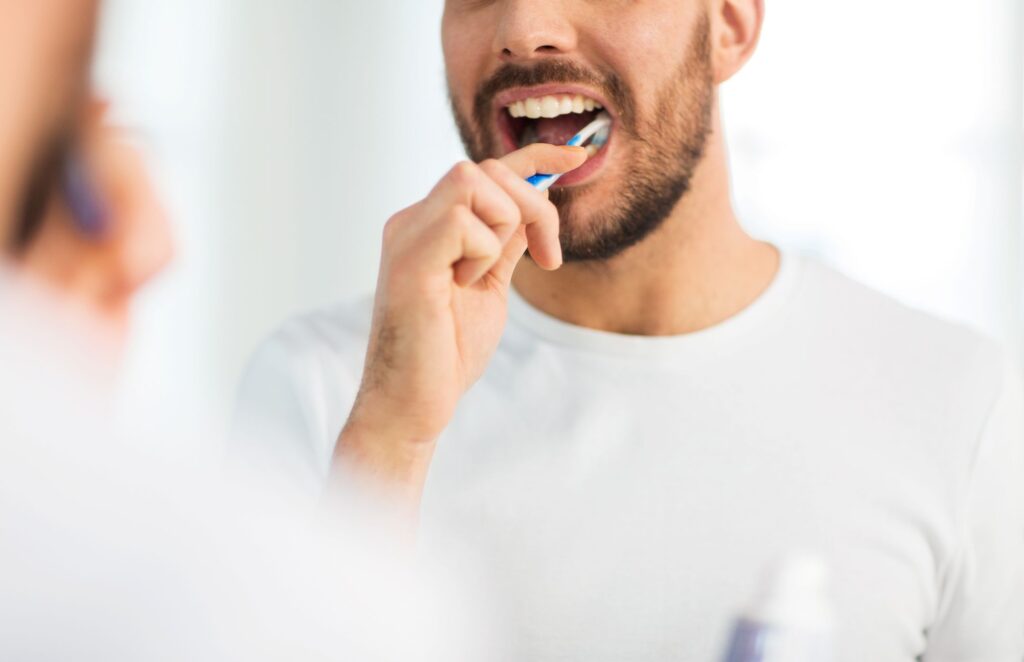
Try though you might, it’s impossible to predict exactly when a dental emergency will occur. People of all ages, genders, and walks of life can develop toothaches or other urgent issues any time of the day or night. Many dentists offer same-day appointments, so you don’t have to wait to get help if you need to be seen immediately.
Whether you need a tooth-colored filling, a root canal, or another treatment, they can help address any concerns to restore your smile. However, you can prevent emergencies in the first place by practicing proper preventive care. Continue reading to learn 3 ways to avoid potential problems!
Tip #1: Implement a Routine
One of the easiest ways to protect your grin from harm is to clean it consistently. Brushing and flossing twice daily regularly removes plaque and bacteria that contribute to common oral health issues, such as tooth decay and gum disease. Additionally, many brands of toothpaste contain fluoride, which helps strengthen your enamel, making it more resistant to cavities and injuries.
You should also schedule a routine checkup and cleaning with your dentist to identify and treat any areas of concern, such as thinning enamel or swollen gums, before they progress into more serious problems. Most dental dilemmas don’t clear up on their own and only worsen in time, so the sooner they’re addressed by a professional, the better!
Tip #2: Replace Your Toothbrush
Did you know that the American Dental Association recommends replacing your toothbrush every 3 to 4 months? You might think it’s unnecessary, but the truth is that the bristles fray, break, or wear down over time, leaving them unable to thoroughly scrub away disease-inducing plaque and bacteria.
Not only that, but germs can hide in your toothbrush as it dries out after you use it. That means you’re reintroducing bacteria to your mouth every time you clean it. Replacing your brush periodically ensures that you get a thorough cleaning during your daily dental hygiene routine.
Tip #3: Eat Wholesome Foods
Although snacking on sugary treats might satisfy your sweet tooth, it can also harm your oral well-being. This sweet ingredient attracts harmful microbes that produce acids that wear down your enamel. That means reducing your consumption can preserve your smile.
Then, you can potentially improve your dental condition by enjoying a wider variety of wholesome foods that support your teeth and gums. For instance, dairy products like yogurt, milk, and cheese have lots of calcium for strong teeth and bones. Additionally, many citrus fruits and leafy greens contain vitamin C, which supports your connective tissues.
Making these few adjustments to your daily habits can help you build and maintain a happy, healthy smile that lasts!
Meet the Author
Dr. Anthony Dillard has more than a decade of experience helping people of all ages enhance their quality of life by improving their dental health. He earned his dental doctorate at the Baylor College of Dentistry and then committed hundreds of hours to ongoing education in specialty topics. Today, he offers various services conveniently under one roof to streamline your family’s dental care. Whether you need a basic checkup and cleaning or a more complex procedure, you can request an appointment on the website or call (972) 394-1492.
